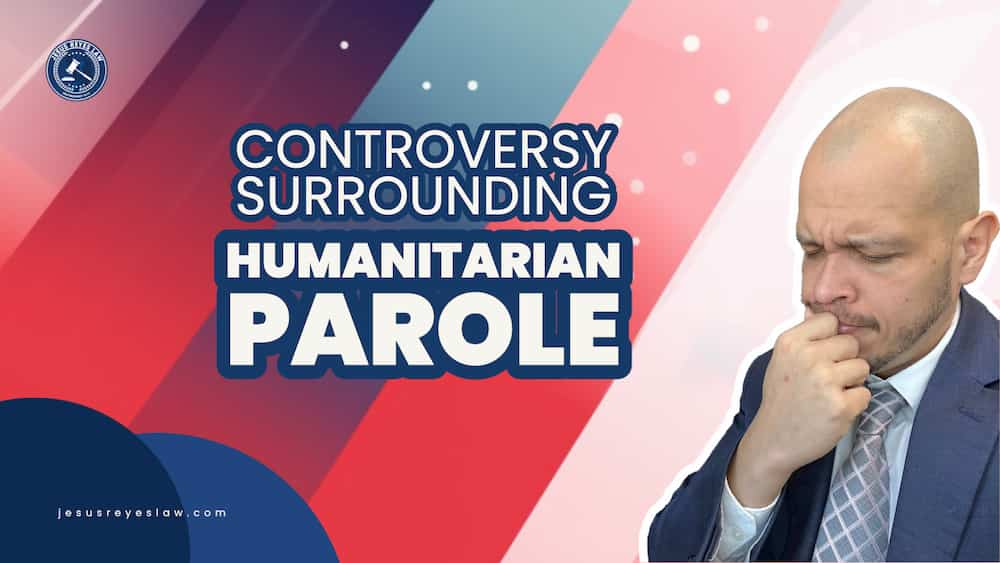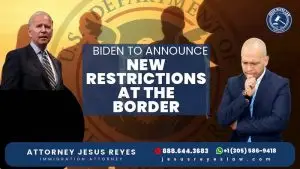The Biden administration’s Humanitarian Parole program for Cuba, Venezuela, Nicaragua, and Haiti is set to be scrutinized in a court case starting on August 24. The initiative, revealed on January 5, aims to facilitate the legal entry of immigrants from these four countries into the U.S. This measure is seen as a strategic response to the escalating humanitarian crisis spurred by an increasing number of asylum seekers from these nations.
The ‘advance parole’ regulation specifies that citizens from these four countries, who do not possess a visa, can only enter the U.S. via a sponsor approved by the Department of Homeland Security (DHS). Once granted government approval, the beneficiaries are required to enter the U.S. by air with a valid passport. Upon arrival at a port of entry, they are inspected by the Customs and Border Protection (CBP), who then grants them admission to stay in the U.S. for up to two years and seek work permits. During this period, beneficiaries must adjust their status through any valid legal avenue, such as seeking asylum. Failure to do so will result in deportation or voluntary departure.
The federal judge presiding over the case, Andrew Drew Tipton, has set the date for the lawsuit filed by approximately twenty Republican-led states, spearheaded by Texas. These states, which include Alabama, Alaska, Arkansas, South Carolina, Florida, Idaho, Iowa, Kansas, Kentucky, Louisiana, Mississippi, Missouri, Montana, Nebraska, Ohio, Tennessee, Utah, West Virginia, and Wyoming, have lodged a 39-page complaint with the Victoria court.
The complainants argue that the DHS, under the guise of preventing foreigners from crossing the border illegally between ports of entry, has effectively created a new visa program without the required legislative formalities approved by Congress. The plaintiffs further assert that the parole power of the DHS is “exceptionally limited” and caution that it has been restricted by Congress “multiple times and can only be used case by case for urgent humanitarian reasons or significant public benefit”.
Despite these limitations, states opposing the humanitarian program argue that the DHS’s plan allows foreigners to secure advance authorization to enter the U.S., even if there is no other legal basis for doing so. They further contend that the DHS’s parole program fails to meet each of the three limiting factors of the law: it is not case by case, it is not for urgent humanitarian reasons, and it does not promote any significant public benefit.
At the end of February, Judge Tipton chose not to accept the request from the 20 Republican states to suspend the ‘advance parole’ while the court makes its final decision. The final verdict on Biden’s humanitarian program is expected in the coming weeks or months, following the conclusion of court hearings scheduled by the Victoria tribunal. The first of these hearings took place on March 3, where lawyers from both the government and the plaintiff states presented oral arguments.










